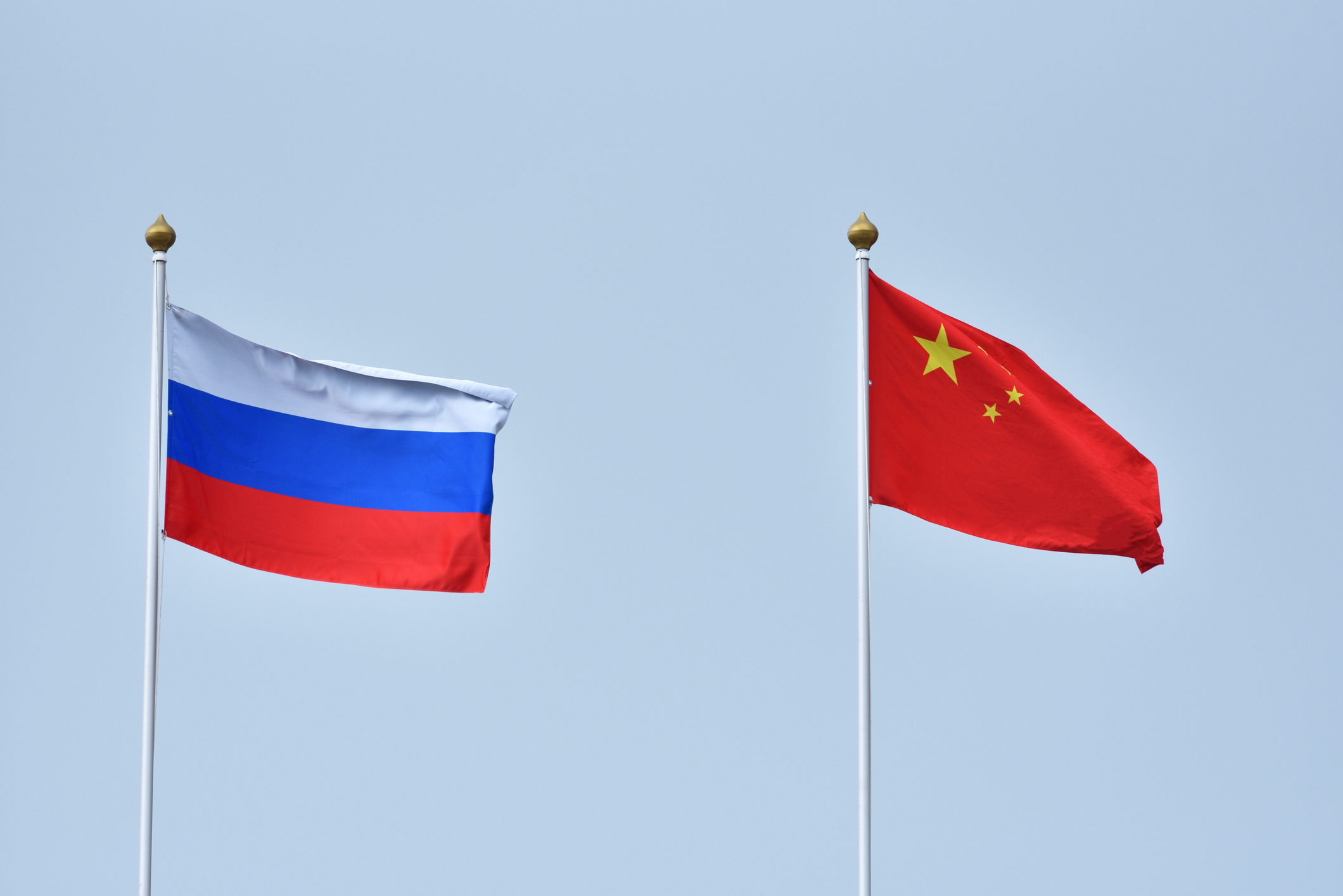You may have missed the news on March 9 that China and Russia formed a new alliance. They will work together to build a research station on the Moon. They even have a name for it – the International Lunar Research Station (ILRS).
In undertaking this joint venture, the China National Space Administration (CNSA) press release announced that, “the Government of the People’s Republic of China and the Government of the Russian Federation … will adhere to the principle of co-consultation, joint construction, and shared benefits, facilitate extensive cooperation in the ILRS, open to all interested countries and international partners, strengthen scientific research exchanges, and promote humanity’s exploration and use of outer space for peaceful purpose.” This is not the first time the two nations have cooperated in space exploration but it is certainly the most aggressive statement to date that China intends to get to the Moon soon.
Meanwhile, the United States continues to move forward on its Artemis program to put astronauts on the Moon at some time in this decade. The U.S. originally targeted the mid-2020s but that has now been pushed to 2028 or beyond because funding has been insufficient for a more aggressive program. In addition, as funding for Artemis remains in question, any U.S. manned mission to Mars is further delayed. Indeed, while the U.S. still spends more on space than any other nation and despite the unprecedented success in landing the Perseverance rover on Mars in February, funding for many of NASA’s projects remains controversial given the many other pressing economic and societal challenges the U.S. faces amidst continuing divisive and partisan politics.
So as the U.S. questions its commitment to space exploration (despite official statements to the contrary), China continues at full pace, investing billions in their space program. They plan to put taikonauts (their name for astronauts) on the Moon by 2029 and on Mars no later than 2050.
Nevermind that the U.S. also cooperates with Russia in projects like the International Space Station, scheduled for decommissioning in 2024. While experts think the ISS mission will be extended to 2028, its viability beyond then is doubtful. While there are private companies conjuring up plans for their own space stations, there are no plans to replace the ISS with government funding. While the U.S. and Russia face the inevitable demise of the ISS, China is accelerating its plans for its own space station, scheduled to be operational by the end of 2022, a little more than a year away.
The new alliance between China and Russia creates a very powerful adversary in the modern space race. While the U.S. can hope their purpose is for peaceful exploration and exploitation of the Moon, lessons of history leave that in doubt. With all of this, one has to wonder if the U.S. is losing the space race as it continues to debate funding while giving lip service to its commitment.
